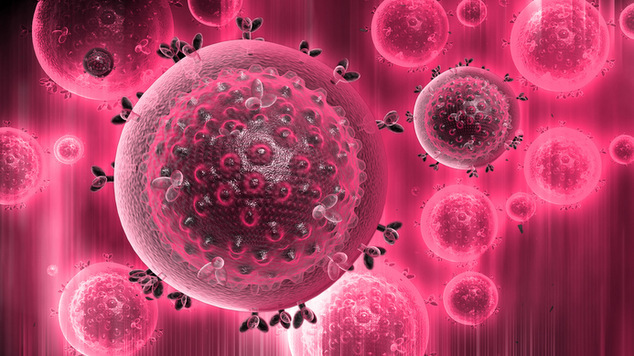 Researchers have made a major breakthrough in HIV research by investigating the properties of a Samoan tree bark.
Researchers have made a major breakthrough in HIV research by investigating the properties of a Samoan tree bark.
US scientists believe that a synthetic version of the traditional Samoan medicine could have a positive effect in the treatment of HIV.
The traditional medicine which has been used to treat hepatitis in Samoa is created from the bark of the mamala tree.
A recent meeting of the American Chemical Society was told that the bark contains prostratin, which can be used to activate HIV viruses inside latent cells. Researchers are currently creating a synthetic version of prostratin which will be 100 times stronger than the natural version.
The project’s lead researcher, Professor Paul Wender, has spoken to the ABC’s Pacific Beat program saying that until now most treatments have been focused on treating the active virus.
“What we hope to do is to get at the root of the disease, rather than snipping off leaves above ground, as is the case right now. It’s very, very important to do, it stops progression of HIV-AIDS, but we need to get at the root,” said Professor Wender.
Meanwhile at the Oregon Health & Science University researchers have discovered a vaccine they have been developed had a 50% success rate in destroying HIV in monkeys. The vaccine is a combination of the AIDS virus in monkeys and an ancient virus carried by humans. The team expect to start clinical trials in 2016.
OIP Staff





